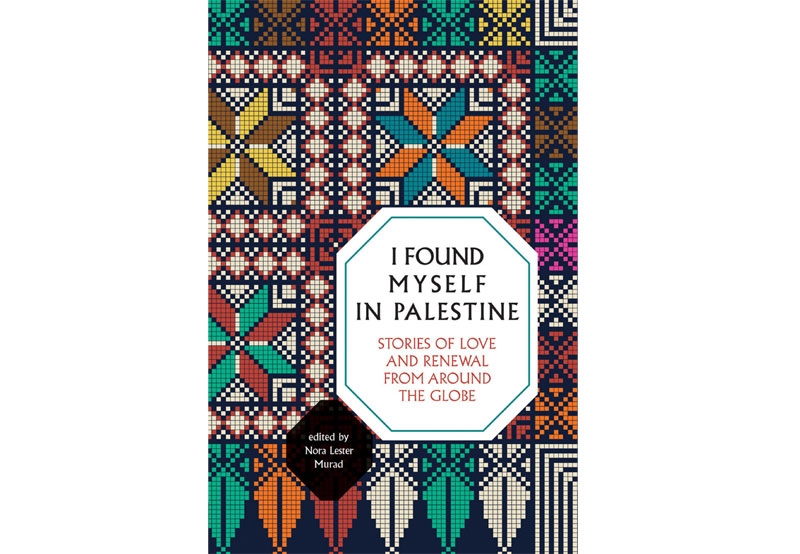My people are from the front of the march, where signs are held high
cardboard in sweaty hands
slogans universal, historic
pockets bulging with snacks for the children in tow
My people are from the ache of knowing how it feels and the
contradictory science
of self-preservation
My people got lost when the protest turned left at the corner
when the police stepped out of their cruisers
when the reporter tapped a young guy wearing a kuffiyeh to speak about
liberation
and his words were “insufficiently nuanced”
My people stopped at a sidewalk cafe on the way
back to the car parked under a tree
and got a mocha latte in a to-go cup
with a plastic top
